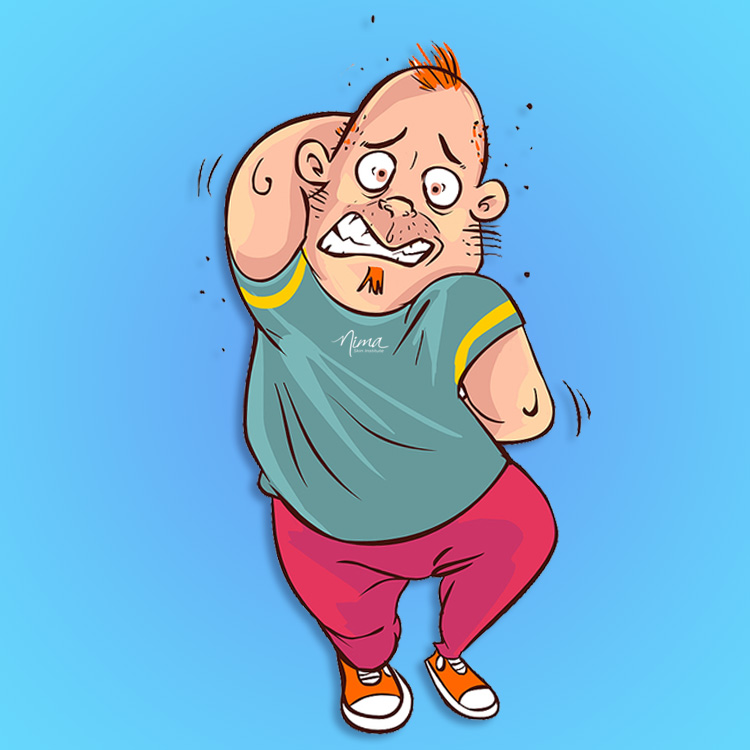If you’ve ever broken out in hives, you’re not alone. Technically called urticaria, hives are itchy, raised welts found on the skin that are usually red, pink, or flesh colored. They can appear blanched so that the center turns white if you press on the hive. Changes in their color might be less visible on darker skin tones.
Causes of Hives
Many times, hives are caused by an allergic reaction to something you’ve come in contact with or swallowed. When this happens, your body releases histamines to defend against these unwanted “intruders.” The result is swelling and itching.
Common causes include:
- foods
- medications
- insect stings or bites
- plants and pollen
- physical stimuli, such as pressure, cold, heat, exercise, or sun exposure
- bacterial and viral infections, including the common cold and even Covid-19
- Pet dander
Not so common causes include stress, tight clothes, exercise, and illnesses. And, as if this isn’t enough, many times you may not know the actual cause. But that doesn’t make you feel any less itchy.
Treatments
In many cases, hives are a temporary problem. For most patients, the rash goes away on its own. You can treat them with over-the-counter medications such as antihistamines (for example, Benadryl), ointments, and creams. These can handle the itching and redness. It’s also helpful to wear loose fitting clothing to prevent any irritation. Cold compresses and cloths can also help ease symptoms.
Typically, hives come in sudden flare ups and don’t last long, taking only 2–3 hours to fade. However, more can appear, which makes the symptoms last longer. Acute hives can develop and resolve on their own within 6 weeks, while chronic hives can last much longer.
Severe allergic reactions and ongoing/chronic cases often need medical attention.
- Seek immediate medical attention if you have an allergic reaction where you develop hives in your throat, tightness in the chest, wheezing, tongue swelling, dizziness, or have trouble breathing.
- For chronic hives, you may need prescription treatment and/or follow up with an allergist.
Let’s get those hives under control
You know how itchy, irritating, and sometimes painful hives can be. We don’t want you to suffer. If over-the-counter solutions aren’t working for you, it’s time to make an appointment to see us. Feel free to contact us about this or any medical and cosmetic dermatological service.

